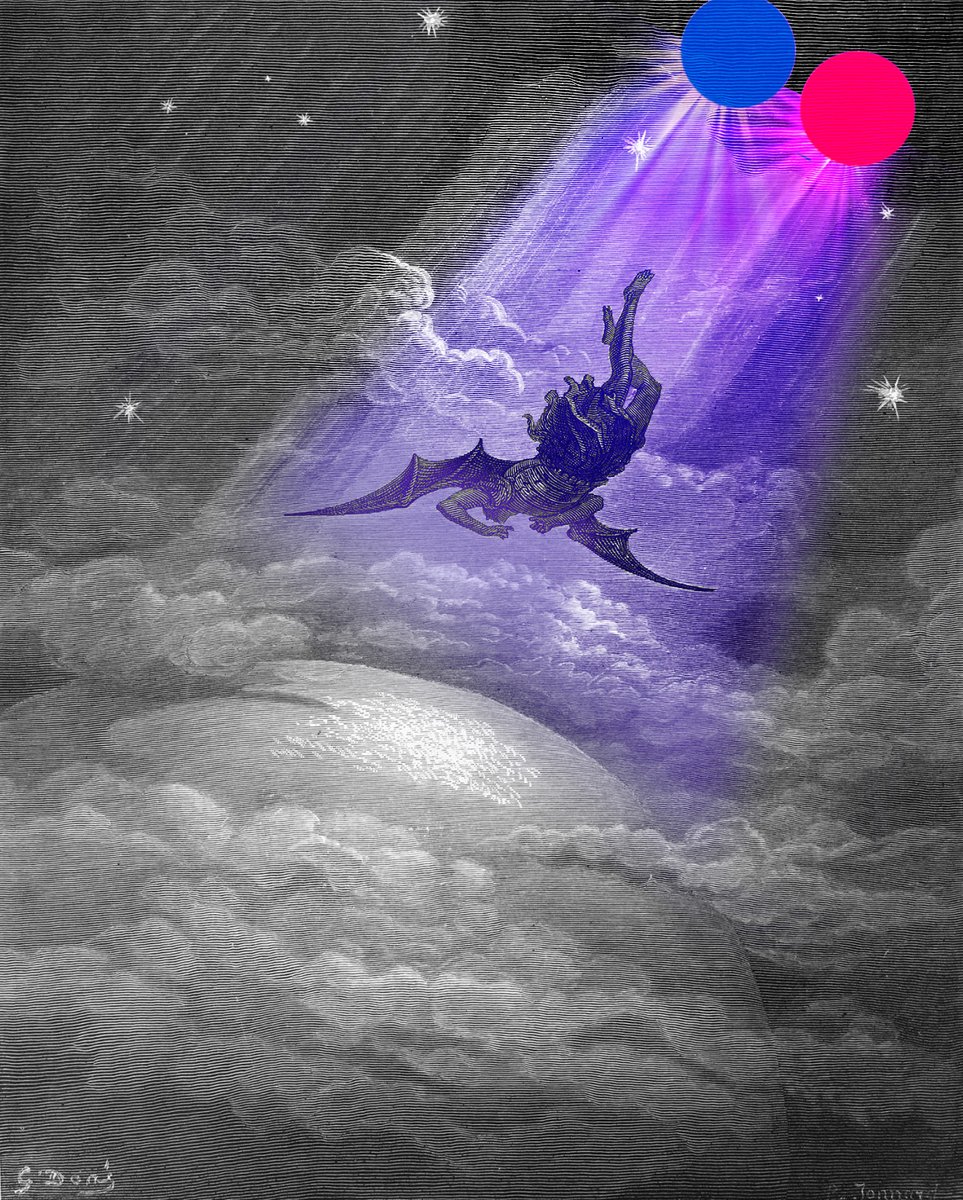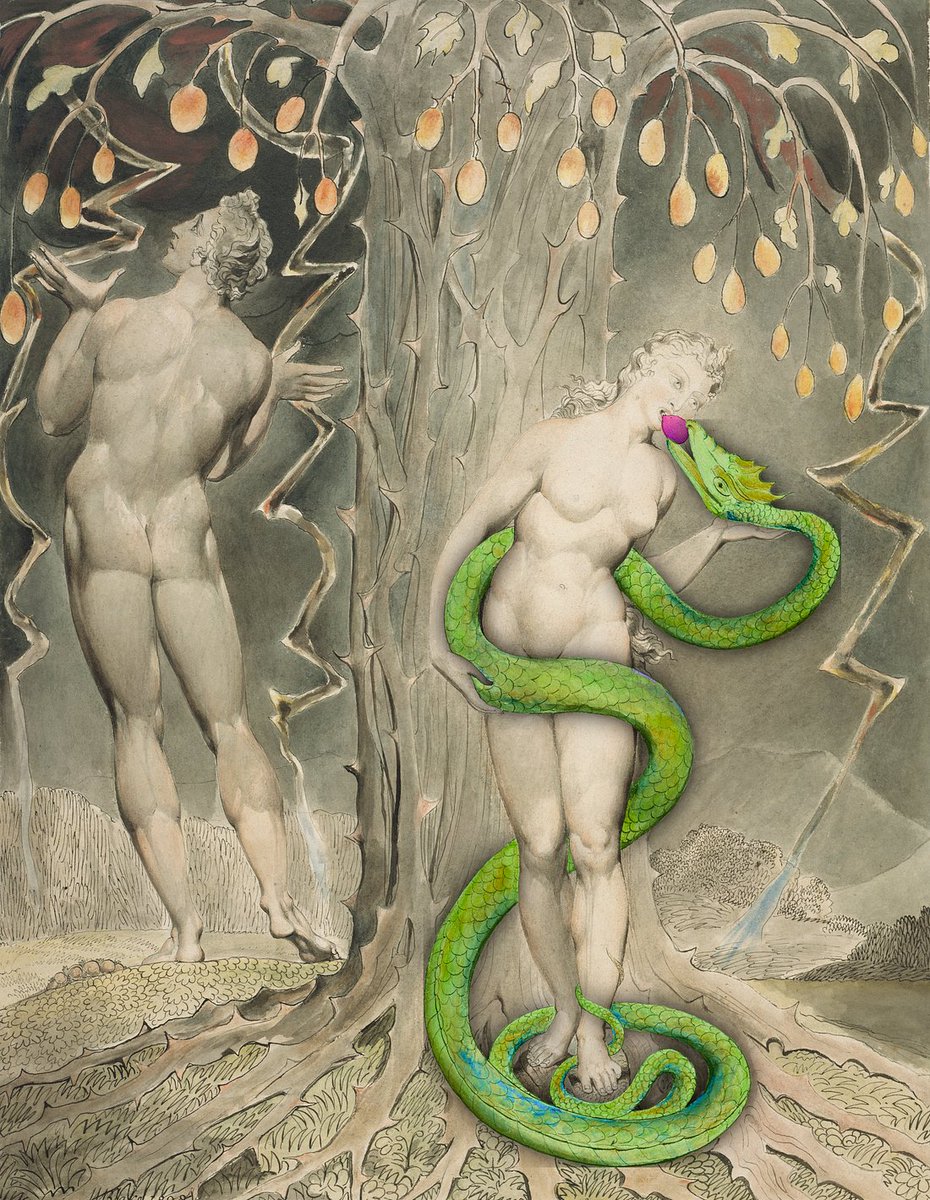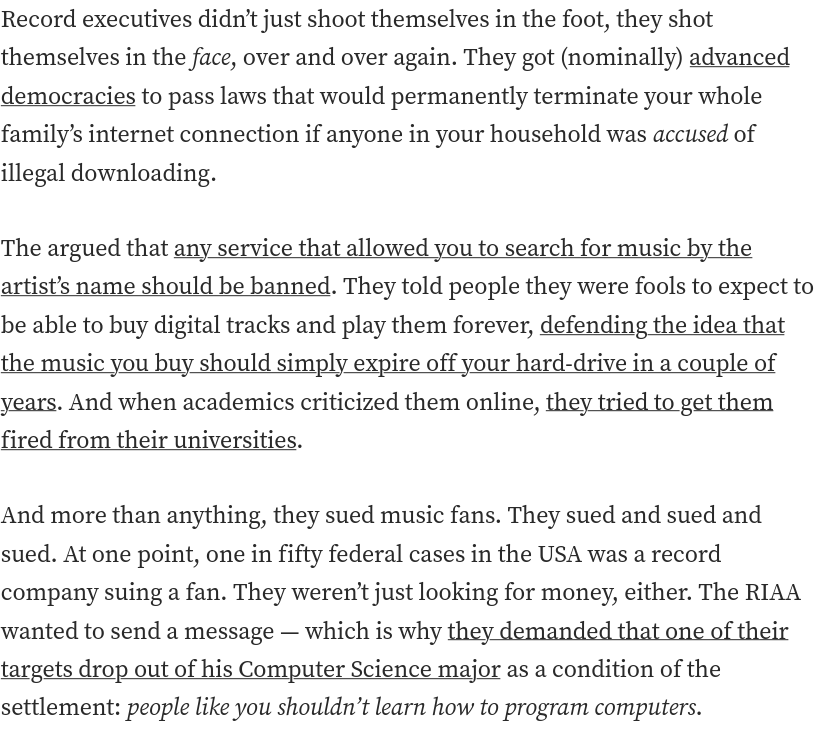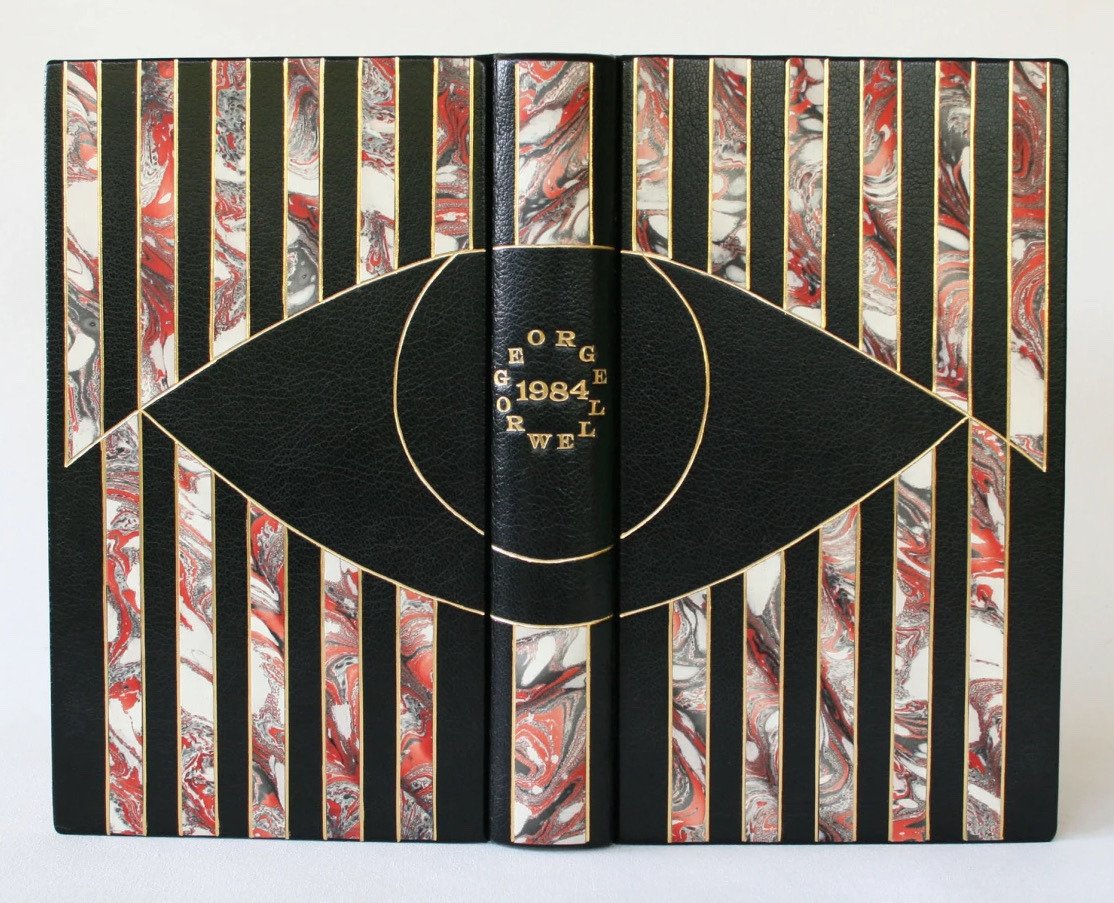It's a big day for users of @CreativeCommons images: @Flickr has declared zero tolerance for #CopyleftTrolls, predators who exploit a bug in out-of-date versions of the CC licenses in order to threaten good-faith users of CC images who make minor errors in their image credits. 1/ 

If you'd like an essay-formatted version of this thread to read or share, here's a link to it on pluralistic.net, my surveillance-free, ad-free, tracker-free blog:
pluralistic.net/2023/04/01/pix… 2/
pluralistic.net/2023/04/01/pix… 2/
First things first: Flickr's new community guidelines prohibit copyleft trolling. 3/
"Failure to allow a good faith reuser the opportunity to correct errors is against the intent of the license and not in line with the values of our community, and can result in your account being removed."
flickr.com/help/guidelines 4/
flickr.com/help/guidelines 4/
If you are targeted by a copyleft troll who demands that you pay them because of minor errors in your Creative Commons attribution, here's how to report them and get them kicked off Flickr forever:
flickrhelp.com/hc/en-us/artic… 5/
flickrhelp.com/hc/en-us/artic… 5/
Now, some background. Early versions of the CC licenses have a bug, a clause that says that the permissions conferred by CC licenses "terminate automatically upon any breach" - that is, if you violate any term of the license, it ceases to be in effect:
doctorow.medium.com/a-bug-in-early… 6/
doctorow.medium.com/a-bug-in-early… 6/
Core to the CC licenses is the idea of *attribution*. When you use a Creative Commons image, you must name the creator and link to the original, and name the license and link to it. 7/
Many CC users don't understand this; they use an image and something like "Image: Cory Doctorow/CC" with no links or specific licenses.
Under the pre-4.0 versions of the license, this can be construed as a "breach" which "terminates" the CC license. Enter the copyleft trolls. 8/
Under the pre-4.0 versions of the license, this can be construed as a "breach" which "terminates" the CC license. Enter the copyleft trolls. 8/
Copyleft trolls post CC-licensed stock art and then wait for a naive person to make a minor attribution error, and then they pounce, sending a legal threat and a speculative invoice demanding hundreds or thousands of dollars, under the threat of a $150,000 statutory damages… 9/
…award.
This is deeply unethical conduct. As I wrote when *I* was targeted by one of these creeps:
> If you put a CC license on your work, its explicit message is, “I want you to re-use this.” Not “I am a pedantic asshole with a fetish for well-formed attribution strings.” 10/
This is deeply unethical conduct. As I wrote when *I* was targeted by one of these creeps:
> If you put a CC license on your work, its explicit message is, “I want you to re-use this.” Not “I am a pedantic asshole with a fetish for well-formed attribution strings.” 10/
> The point of CC is not to teach the world to write attribution strings: it is to facilitate sharing and re-use. 11/
> If you are a good-faith user of CC licenses, then your response to an incorrect attribution string should be a request to correct it, not a threat to sue for $150,000 in statutory damages. 12/
Unethical as this conduct is, it's also big business. One company, @PixsyHQ, is responsible for a long-running shakedown campaign, working with scammy photographers to send out demand letters to unsuspecting Creative Commons users. 13/
And many of those photographers rely on Flickr to bait their traps.
There's a reason for this. Flickr's early years were a period of enormous innovation. 14/
There's a reason for this. Flickr's early years were a period of enormous innovation. 14/
Flickr was the first mobile photo-sharing site, and it invented numerous community features that turned it into a thriving hub for photographers, amateur and professional alike. 15/
Flickr was also an #interoperability pioneer, offering an API that let any user move their photos to a rival service - a tacit pledge to keep your business by being better than the rest, not by locking you in. 16/
I know all this because I was an early advisor to Flickr, and because, in a weird way, I am partially responsible for Flickr. 17/
You see, before Flickr, I was carrying on a long-distance relationship from San Francisco with a woman in London, and we were both alpha testers for a social game called #GameNeverending. 18/
One day over breakfast with GNE's founder @stewart, he asked me how things were going in my romantic life. I answered that things were great, but mentioned that my girlfriend and I were struggling to share the pictures we took in our daily lives with one another. 19/
Stewart say, "Well, there's a photo-sharing feature for GNE on the roadmap - why don't I bump it up and we'll see if other people use it, too?" 20/
They did. In fact, the feature was so popular that within a few months, GNE relaunched as Flickr, jettisoning the game entirely and focusing on just that one feature. 21/
I stayed on the advisory, and one of the things I encouraged was the plan to roll out Creative Commons licenses for Flickr images - and I made sure everyone knew about it when Flickr became the first CC-enabled image site. 22/
(I also married the woman I was carrying on that long-distance relationship with and today we have a 15 year old daughter!) 23/
But after Flickr was sold to #Yahoo, it joined Yahoo's haunted armada of Web 2.0 ghost-ships, tossed back and forth in the storms created by the dueling princelings of Yahoo's bloated management layer. 24/
Yahoo execs spent more time sabotaging one another than they did making anything anyone else wanted to use. Yahoo eventually sold off all of those holdings at fire-sale prices to #Verizon, who neglected them still further. 25/
An abandoned ship is easy picking for the rats that live in its bilges. Pixsy and its photographers actually became official Flickr *partners*. 26/
They pitched themselves as a way for photographers who *didn't* want their images shared to hunt down infringers - even as they facilitated a revolting campaign of copyleft trolling that depended on Flickr as their base of operations. 27/
The depravity of copyleft trolls is truly boundless. Take #MarcoVerch, a prolific copyleft troll who hosts nearly 47,000 photos on Flickr. 28/
Verch hires low-waged gig work photographers through platforms like Upwork to take photos, then harasses people who make minor attribution errors:
computerweekly.com/news/252488167… 29/
computerweekly.com/news/252488167… 29/
Verch boasts that his predation lets him work for four hours a week, leaving him with ample time to focus on his hobby, running. 30/
Verch is a truly prolific predator, and his attacks have made untold numbers of victims miserable - including the small Dutch charity that was forced to shut down after paying his ransom demand. Pixsy has been Verch's US counsel and filed dozens of suits on his behalf. 31/
Back in 2021, I got hit by Pixsy on behalf of a photographer named Nenad Stojkovic, with a claim that I had failed to attribute his image correctly. 32/
The email threat was truly vicious, calculated to strike terror into the recipient's heart and prompt swift payment of $600, for using a freely licensed image whose market value had been set by its creator at $0.00. 33/
There was just one problem: I *hadn't* flubbed the attribution string. I helped with the *launch* of Creative Commons. I was CC's first European director. 34/
What's more, I have decades of experience fighting bullies and trolls and I knew their threat was bullshit - no court would award them the damages they were seeking. 35/
So I wrote about it, publishing the text of my correspondence with Pixsy's staff and management, and calling on Flickr to make changes to prevent their tools from being abused to victimize innocent people. 36/
For example, forcing users with CC 2.0-licensed images to relicense them as CC 4.0, which guarantees users the right to 30 days to fix attribution strings. 37/
The reason I thought Flickr might take this in hand is that it is finally under decent, responsive leadership - since 2018, Flickr has been owned by @Smugmug, a family-owned business that really cares about photographers and the open internet. 38/
Flickr hasn't taken all of my suggestions yet - my understanding is that they are laboring under enormous technological debt thanks to years of neglect by Yahoo and Verizon, and even small changes require weeks of all-hands technological work. 39/
But what they *have* done is modify their policies to create a *de facto* CC 4.0 environment for their users, by promising to terminate the accounts of any user who repeatedly threatens legal action over bad attribution strings without first offering a 30-day grace period. 40/
Flickr's done more than that, actually. For one thing, they ditched Pixsy, severing their relationship with the company (Pixsy still lists them on its "partner" page). 41/
They also created the Flickr Foundation, a nonprofit devoted to providing long-term, responsible stewardship for their CC and public domain image respositories:
flickr.org 42/
flickr.org 42/
For its part, Creative Commons published an excellent "Statement of Enforcement Principles" for its licenses that unequivocally rejected the way that Pixsy and other copyleft trolls abuse the bug in its older licenses:
creativecommons.org/license-enforc… 43/
creativecommons.org/license-enforc… 43/
Once I published my article on Pixsy's attempted shakedown, two things happened. First, I got a legal threat from #KainJones, Pixsy's CEO, who demanded that I get on the phone with him, the the alternative being "escalating things legally":
doctorow.medium.com/an-open-letter… 44/
doctorow.medium.com/an-open-letter… 44/
Jones also falsely claimed that naming the employees who'd threatened me violated the #GDPR, which is extremely on-brand for this whole mess. 45/
While I don't claim to be the world's greatest expert on GDPR, I *did* lobby in Brussels for it, and I *do* have German specialist lawyers on tap who are happy to explain that Jones's threat is absolute nonsense. 46/
As I noted in my open response, he seems incapable of interacting with the public or critics without making legal threats - and not just *any* legal threats, but legal threats that are grounded in an unhinged, and, in my opinion, deliberately deceptive theories of the law. 47/
Pixsy continued to rattle its sabers for a while after this, tweeting that I'd made errors in my description of its business operations but declining to correct those records in response to my and others' requests for further detail. 48/
It is my opinion that Pixsy failed to correct the record because my accusations were and are substantively correct.
But even after I stopped hearing from Pixsy, I continued to hear from its victims. 49/
But even after I stopped hearing from Pixsy, I continued to hear from its victims. 49/
I routinely receive distraught emails from everyday people who thought they were doing the right thing by using Creative Commons-licensed images in their work, and who now face a remorseless onslaught of threats from Pixsy's team. 50/
Some of these people have been targeted on behalf of Nenad Stojkovic, just as I was.
These people beg me for advice - will Pixsy sue? Can they ignore Pixsy's demands? 51/
These people beg me for advice - will Pixsy sue? Can they ignore Pixsy's demands? 51/
I give them my condolences and tell them that I can't promise them that a company as vindictive, greedy and morally bankrupt as Pixsy won't bring a lawsuit. Every time, I wish I could offer them more. 52/
Well, now I can: if you are targeted by a copyleft troll for using a Flickr-hosted image, *narc them the fuck out.* Tell Flickr about them. Flickr no longer tolerates copyleft trolling, and they *will* terminate repeat offenders' accounts. 53/
As I wrote this today, I went back and revisted Pixsy CEO Kain Jones's letter to me and I was struck again by its absolute rank hypocrisy, the sheer sociopathic lack of self-awareness it displays. 54/
Jones presides over an empire of bulk legal threats, carefully drafted to frighten blameless people into sending him money they can't afford and don't owe. In this correspondence, his company tells its victims that they are liable "regardless of knowledge or intent." 55/
Victims are told that correcting their error will not suffice, because it "does not resolve the period of unlicensed use."
And yet, in this letter, Jones calls on me to show understanding because "people occasionally make mistakes." 56/
And yet, in this letter, Jones calls on me to show understanding because "people occasionally make mistakes." 56/
He scolds me for my "vitriol" in my naming and shaming a senior executive who boasts on Pixsy's website of having "overseen over 140,000 cases" - that is, who sent these outrageous letters to more than *one hundred and forty thousand people and organizations*. 57/
Unlike Kain Jones, I am a working artist. I make my living from the sale of my creative works, not from tricking people who've made innocent, trivial legal errors into sending me hundreds or thousands of dollars. 58/
Unlike Marco Verch, I don't pay anonymous randos small sums to create new works, slap my name on them, and then threaten blameless people in the name of defending artists' rights. 59/
And I sometimes have to police my copyrights. The world is full of quick-buck scammers who rip off my work, including my Creative Commons-licensed works, often with the assistance of some of the world's largest corporations:
pluralistic.net/2022/07/25/can… 60/
pluralistic.net/2022/07/25/can… 60/
These people are engaged in what @Rushkoff calls "Going Meta." They don't do anything useful, but rather, they create a chokepoint between people who do useful things and people who want to pay for those things, and squatting there, collecting rent:
rushkoff.medium.com/going-meta-d42… 61/
rushkoff.medium.com/going-meta-d42… 61/
This is the passive-income brainworm - a parasitic, end-stage capitalist hustle that cloaks itself in high-minded rhetoric even though it is the very lowest of bottom-feeders. 62/
Pixsy claims that it is primarily an artists' defense tool, but the company conspicuously refused to tell me what share of its income comes from real copyright defense, and what share comes from copyleft trolling. 63/
Whenever I think back on Kain Jones and his outrageous legal threats to me - first the one that falsely claimed I had violated CC, and the one that insinuated that calling him out was illegal - the thing that outrages me most is his claim to be a defender of artists' rights. 64/
What a grotesque claim. A man who presides over a powerful corporation that devotes its considerable energy to tormenting people who *used CC licenses as they were intended to be used* sends a threat to *a working artist*, and styles himself a champion of the arts? 65/
If I wrote that into one of my bestselling novels - which generate revenue by making people happy through artistic expression, and not by terrorizing people with deceptive and unethical legal threats - I'd be accused of absurd, overbroad parody. 66/
• • •
Missing some Tweet in this thread? You can try to
force a refresh

 Read on Twitter
Read on Twitter




















